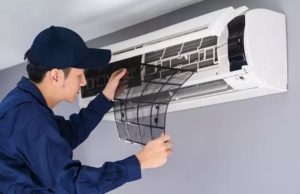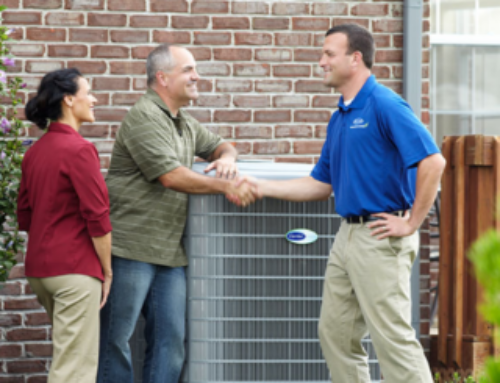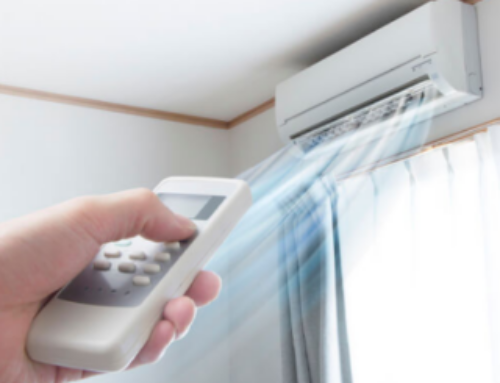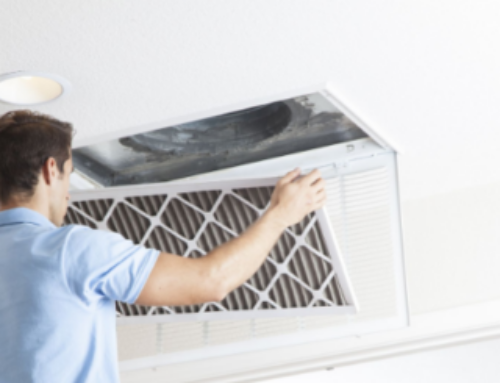The Importance Of Replacing Your Air Filter
Do you already know the Importance Of Replacing Your Air Filter? One piece of advice you will hear over and over again from HVAC technicians is to change your air filter regularly. Your air filter may appear to be a relatively insignificant component of your HVAC system, but it is essential in preventing dust from entering your home’s HVAC system.
What Happens If You Don’t Replace Your Air Filters?
Several problems can occur when an air filter is not replaced (or cleaned if it is reusable) for an extended period.
1. HVAC Systems Become Less Efficient Over Time.
It is usual for your air filter to become dirty over time. This dirt build-up is because it is responsible for preventing dust, hair, and other airborne particles from entering the components of your HVAC system. The issue arises when the filter becomes clogged with these particles, which prevents sufficient airflow from circulating through your HVAC system. Due to the reduced airflow, your system will have to work harder and longer to maintain the temperature set on your thermostat.
2. There Will Be A Short-Term And Long-Term Impact On Your Pocketbook.
It will ultimately cost you more to operate your HVAC system when it struggles due to restricted airflow. This results in higher energy bills monthly. Aside from this, the parts of your HVAC system are likely to wear out more quickly due to the following reasons:
- They are operating in poor conditions;
- Increasing the temperature requires them to work harder and at longer intervals.
Without regular air filter replacements, you may have to replace system parts sooner than you would if your air filter gets clogged. Airflow issues can cause your evaporator coils to freeze, and overheating your furnace can lead to it breaking down altogether.
3. Your Home Will Accumulate Dust.
If you notice dust collecting more than usual or develop allergic symptoms at home, it may be due to a dirty air filter. Air dislodges the dust and other particles from clogged air filters as it tries to force its way through them. All these particles make their way into your home’s HVAC system, circulating them throughout the house with the treated air.
Benefits of Replacing Your Air Filter
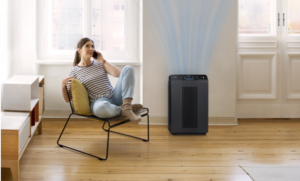
You should check your HVAC filter at least once a month, particularly during months of heavy use (winter and summer). You should change the filter if it appears dirty after one month. You must change the filter every three months at a minimum. Here are the benefits of replacing your air filter regularly:
1. Extend the Life of Your System
One of the leading causes of heating and cooling system failure is dirt and neglect. Clogged air filters can also severely damage your system. Clogged air filters prevent air from moving properly throughout the system because they block airflow. A clogged filter will lead to overheating if left for a long enough period. Thus, changing your system’s filter is an easy way to increase its lifespan.
2. Better Indoor Air Quality
Keeping the air filter clean will remove the majority of dust and pollen particles that would otherwise be present in the air. This is especially important for children, the elderly, and any members of your family who suffer from allergies or asthma. A new filter will allow your system to purify the air, ensuring it is healthy and clean.
3. Savings on Energy Cost Saving
Clogged filters require your HVAC system to work harder to pump the same amount of air around your house. Your energy bill may increase due to the additional energy needed to operate your heating and air conditioning. You can save as much as 15% on your utility bills by keeping your air filter clean and in good condition.
4. Safe For The Environment
Air filters should be cleaned and replaced regularly to protect the environment. As mentioned previously, a clogged air filter leads to a more complex HVAC system. Consequently, clogged air filters may release more carbon monoxide and other greenhouse gases into the atmosphere than necessary.
How Often Should You Change Your Air Filter?
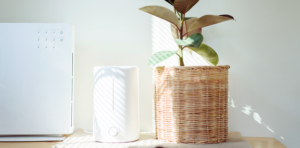
Ideally, air filters should be changed every three months, but there are several factors to consider before making a decision.
Type of Air Filter – Some air filters are more effective than others. Filters made of lower-quality fiberglass will last longer. You need to replace them every month. High-quality pleated air filters trap dust and particles very effectively and last up to 90 days.
Pets – It’s a good idea to change your filters every two months if you have pets.
Allergies – Having allergies can cause you to react to even the tiniest amount of dust or debris in the air. You must change your filters every 50 days, so your system only pumps clean air.
Children – Having young children in the home requires replacing your air filters every two months to keep the indoor air quality high.
Home Use – Those who use their HVAC system daily need to replace their air filters more often than vacation homes that don’t filter their air often. In homes with only occasional usage of heating and cooling systems, replace the air filters 6 to 12 months after installation.
Despite these factors affecting how frequently you replace your air filter, you should visually inspect your filter every month for excessive particle build-up. Even if your dirty air filter is not yet at its end of life, it is a good idea to replace it if it is full of dust and debris.
Bottom Line
Replacing your air filter regularly is essential to avoid issues with your HVAC system. You should check your air filter once a month, even though most manufacturers state that they are acceptable for up to 90 days. You will need to change your HVAC filter regularly depending on several factors, including the number of people living in your home, your pets, and usage hours. Now, can I ask if you already know the Importance Of Replacing Your Air Filter at your place?
We at Gibber Services can assist you with all of your HVAC needs. Contact us online or call 901-422-1258 today to schedule an appointment!




